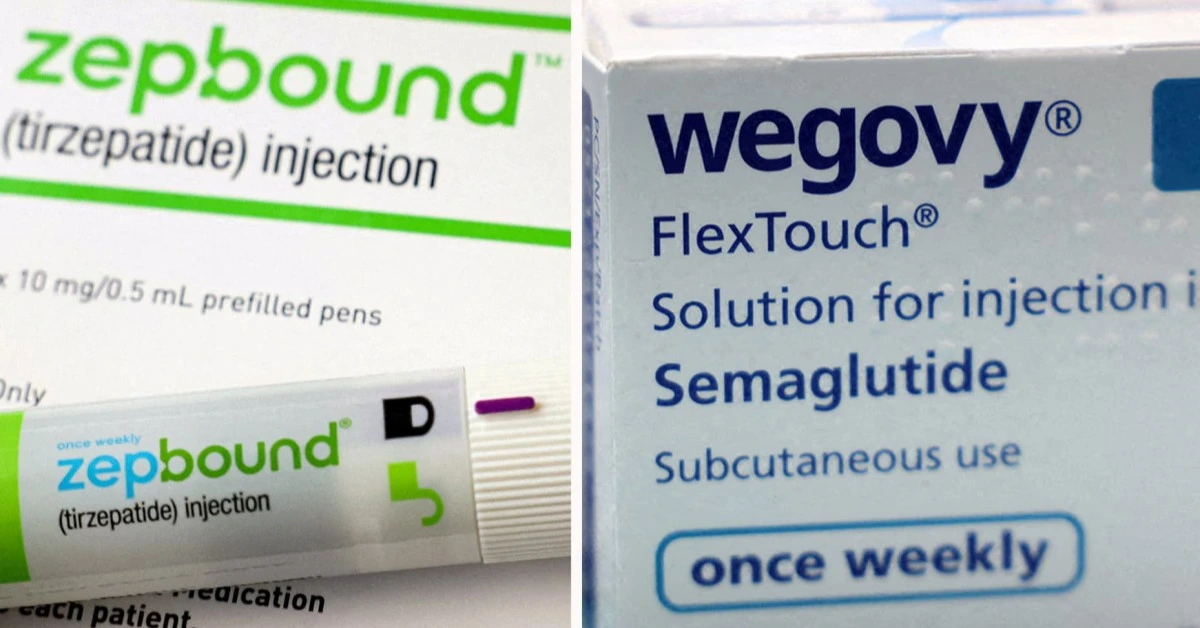
USA – Eli Lilly’s obesity drug, Zepbound (tirzepatide), has emerged as a frontrunner in the competitive weight-loss treatment market following a landmark head-to-head clinical trial against Novo Nordisk’s Wegovy (semaglutide).
The trial, involving 751 participants who were overweight or obese with at least one related medical condition, showcased Zepbound’s superior efficacy, offering insights into the evolving landscape of obesity management.
Key findings from the trial
The trial revealed that Zepbound led to a 20.2% average reduction in body weight—approximately 50 pounds (22.7 kgs)—over 72 weeks, compared to Wegovy’s 13.7% reduction, or 33 pounds (approx. 15 kgs), during the same period.
Zepbound demonstrated a 47% greater relative weight reduction than Wegovy. Notably, over 31% of Zepbound users lost at least 25% of their body weight, nearly double the proportion observed with Wegovy users.
These results are consistent with earlier research, including the SURMOUNT trials, which highlighted tirzepatide’s significant weight-loss capabilities.
The trial also provides critical data for clinicians and patients making treatment decisions. Dr. Leonard Glass of Eli Lilly emphasized, “Given the increased interest around obesity medications, we conducted this study to help health care providers and patients make informed decisions about treatment choice.”
Mechanisms and competitive advantages
The distinct mechanisms of Zepbound and Wegovy contribute to their efficacy differences. Zepbound targets two gut hormones—GIP and GLP-1—responsible for appetite regulation and blood sugar control, while Wegovy only acts on GLP-1.
This dual mechanism may explain Zepbound’s enhanced effectiveness in promoting weight loss.
Zepbound’s greater efficacy positions Eli Lilly as a strong contender in the obesity drug market, which analysts project could be worth US $150 billion annually by the 2030s.
Industry forecasts predict that Zepbound will generate US $27.2 billion in annual revenue by 2030, surpassing Wegovy’s estimated US $18.7 billion,
Challenges in the market
Despite these promising results, both Zepbound and Wegovy face challenges, including high costs—around US $1,000 per month—and limited insurance coverage, which hinder patient access.
Additionally, both medications share similar side effects, such as gastrointestinal discomfort, which are typically mild to moderate but may deter some patients.
Another consideration is manufacturing capacity. Overwhelming demand for these drugs has led to supply shortages in the past, prompting significant investments in production facilities by both companies.
The U.S. Food and Drug Administration recently confirmed that all doses of these medications are now listed as “available,” alleviating some accessibility concerns.
The trial results could significantly influence prescribing trends and further solidify Zepbound’s position in the obesity treatment market.
Eli Lilly is expected to present the findings at a medical conference and publish them in a peer-reviewed journal next year, potentially reinforcing its scientific and market advantage.
XRP HEALTHCARE L.L.C | License Number: 2312867.01 | Dubai | © Copyright 2025 | All Rights Reserved